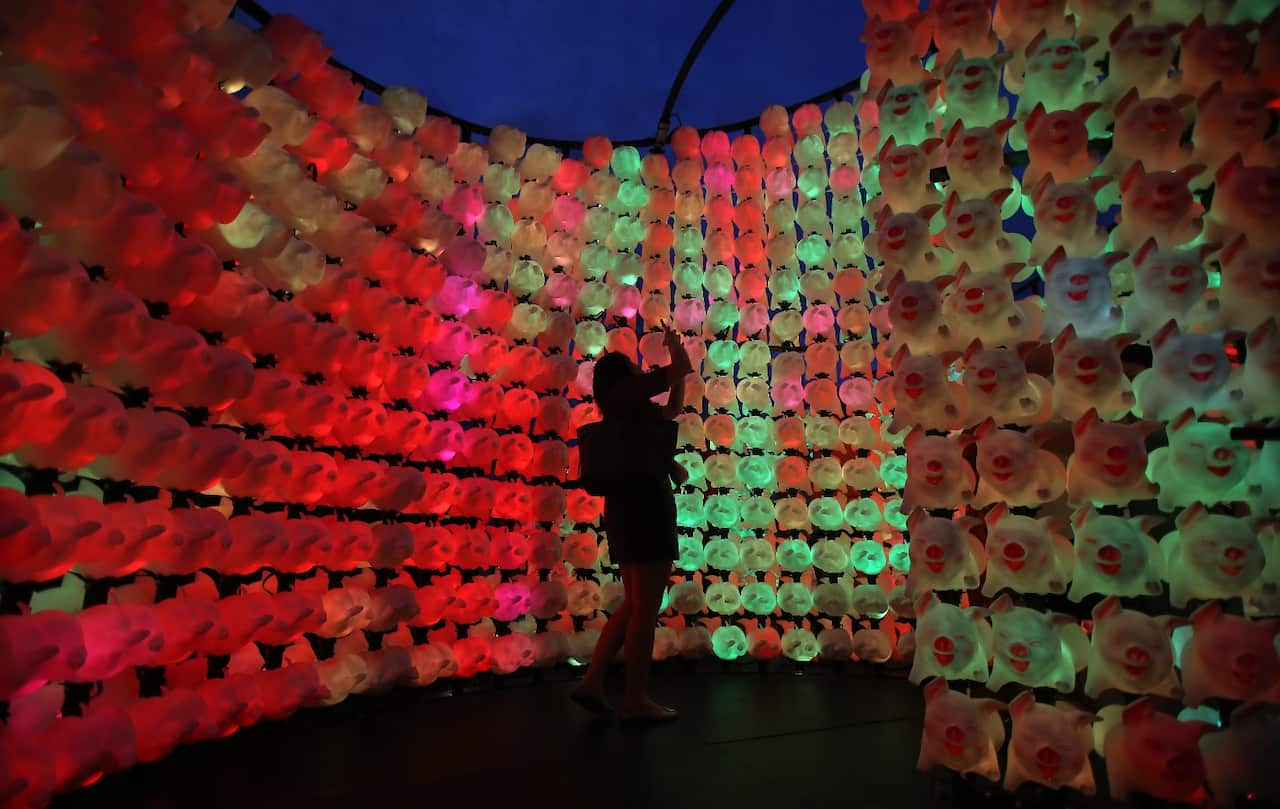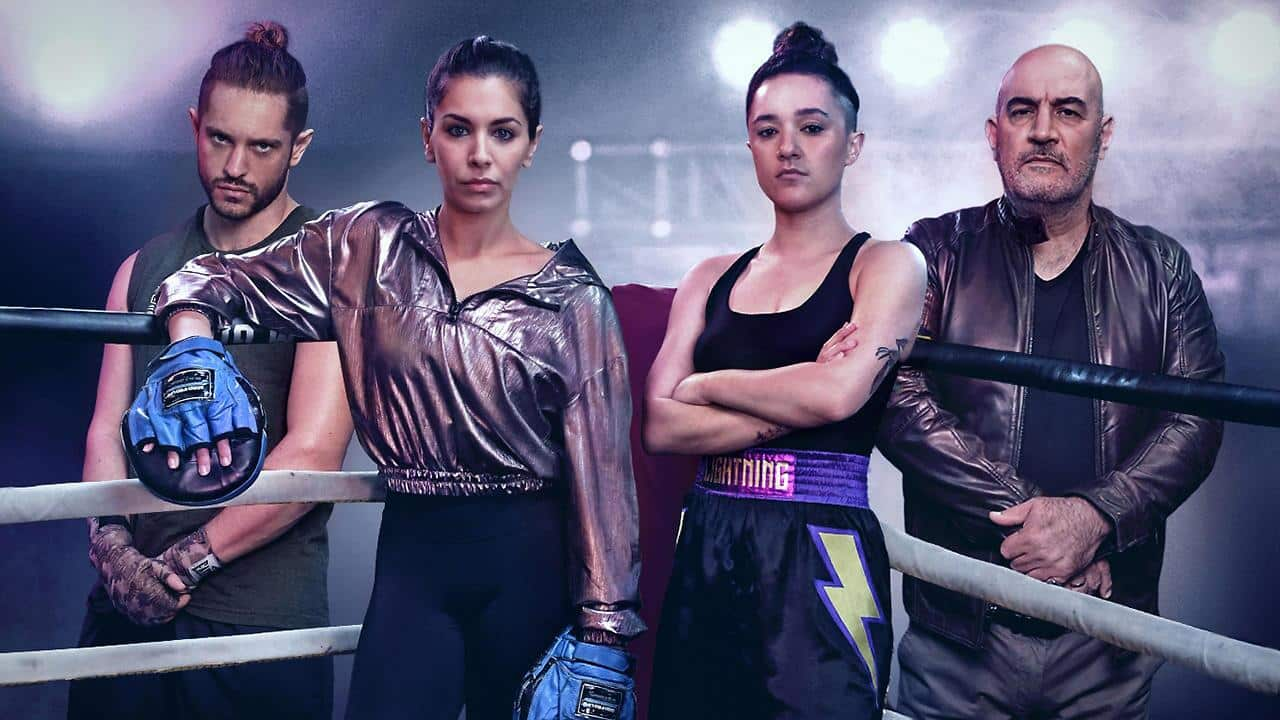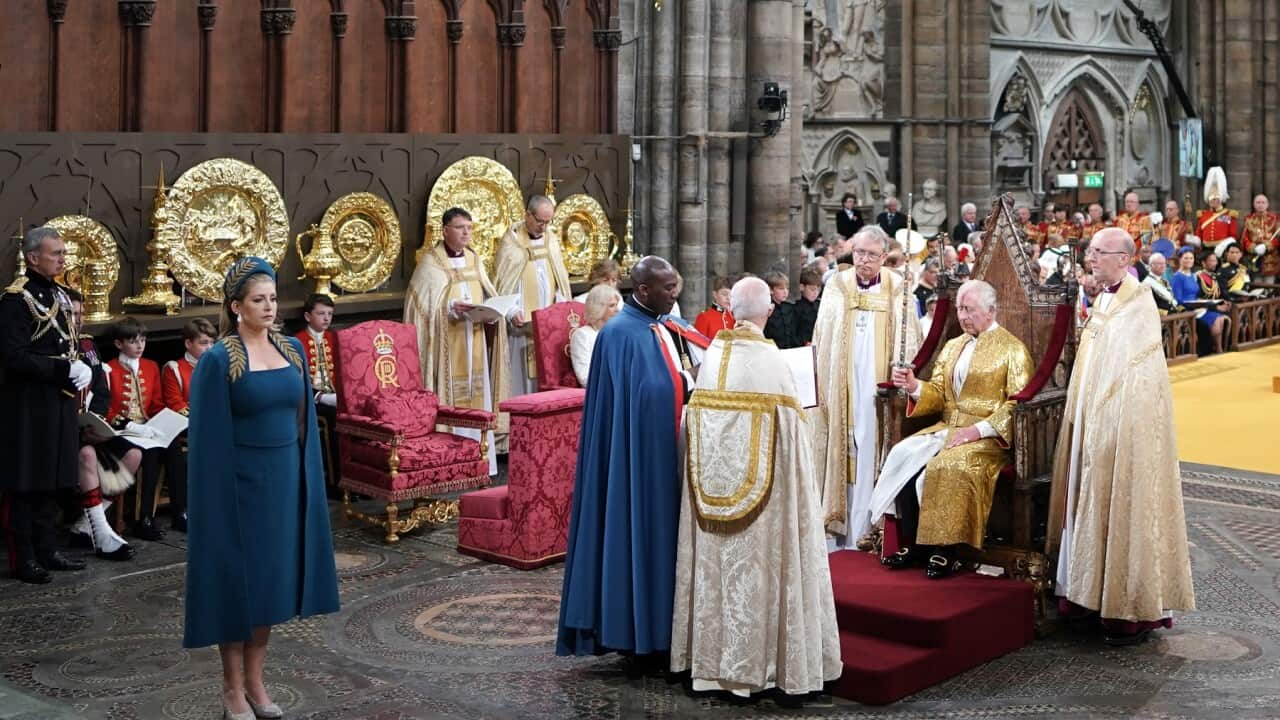The debate about whether 'Chinese New Year' should be renamed as 'Lunar New Year' has gained traction within Asian communities who celebrate the event in Australia.
Some cities and local councils in Australia have already made the move to rename the festival, including the City of Sydney Council who did so in November, citing a need to be "inclusive" of the Asian communities who celebrate it.
However, some Chinese community members weren't happy with the change, saying it could harm the historical significance of the event.
Meanwhile, Melbourne City Council has kept the Chinese New Year name for their 2019 festivities.

SBS Korean hit the streets of Melbourne to ask Asian-Australians and people of non-Asian backgrounds, about which name they preferred.
The majority of respondents wanted the name to change to Lunar New Year, while there were some who thought otherwise.
Bae Jun-tae, from Korea, said changing the name to Lunar New Year was a "smart move" as it reflected all of the communities which celebrate the event, not just the Chinese community.
“I think it is the right thing to do because the event is celebrated not only in China but also in Korea and other Asian countries," Mr Bae said.
"If Sydney festival organisers include other Asian countries’ traditional features in the event upon changing the title, then I think it does fit within the thrust of what they have intended to do."
Anson Tan, from Singapore, shared the view of changing the name, as it would promote cultural diversity and inclusion.
“In that way, you can get non-Chinese people together as well," Mr Tan said.
"You don’t really keep that festival to just Chinese, you actually open it to the general population as well. I think it is definitely a good idea to open to everyone, so everyone can experience different cultures."
Thet Htetnyeinsu, from Myanmar, wanted the traditional name to remain.
"We usually celebrate Lunar New Year in my country and I always think of mooncakes and dragons for Lunar New Year. I will go to a party and Lunar New Year festival to celebrate here," she said.
"But, I think it should stay as a Chinese New Year. Because it’s celebrating the culture and religion."
Ly, from China, was indifferent to the name change.
"This is the biggest festival for us. Lunar New Year in Australia is very different than that in my country," Ly said.
"In China, it's a huge festival and all the family gathers together and I meet all my cousins and relatives for a huge dinner. So, if they can make the day as a public holiday, it matters. But, regarding a name? whatever."

Helena Ross, from Australia, was in favour of the name change.
"I have a lot of friends who celebrate Lunar New Year so if they are doing something I am always happy to join. But we don’t traditionally do anything in our family because I grew up here," she said.
"It’s becoming a bigger event in Australia and it’s really great to see it. Changing the name is good because it will make the terminology for the event more accurate."
Jae-Won oh, from Korea, said further consultation was needed before any universal change was made.
"Without sufficient consultations in advance with the Chinese community, I think there could be a backlash," he said.
"The idea is good, but I think sufficient consultation is necessary."
[The full program is available on the podcast above]






